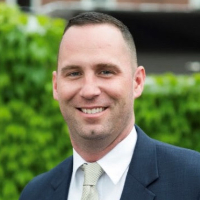 Nassau Criminal Lawyers, New York
Nassau Criminal Lawyers, New York
Sponsored Law Firm
-
 x
x

Click For More Info:
-
Cohen & Bernstein, L.L.C.
1360 Clifton Ave #309 Clifton, NJ 07012» view mapCriminal Defense We’re In this Together!
We work hand in hand with our clients to ensure all of your questions are answered and progress through your legal issue is seamless.
800-978-7341
Sponsored Lawyers
1-10 of 10 matches
Accident & Injury, Civil & Human Rights, Employment, Criminal, Business
Attorney Ryan Finn of Finn Law Offices has worked for big law firms and he knows how they approach a legal conflict. He is well known and well respected by state and federal judges and prosecutors based in New York. However, once he is your lawyer, his focus is on you, and only on you. “Team Finn” is relentless in our commitment to you. We mean what we say and say what we mean. We will help you understand your legal circumstances thoroughly, so you can make the best decision on how to proceed. You will be under no pressure to take a plea deal, accept a settlement or take a case to trial just because it might be easier for us. What matters is that no matter what you decide, you will be confident that our attorney can provide you with the results for which you’re hoping.
(more)


 Lindsay Bernstein Clifton, NJ
Lindsay Bernstein Clifton, NJ Practice AreasExpertise
Practice AreasExpertise

